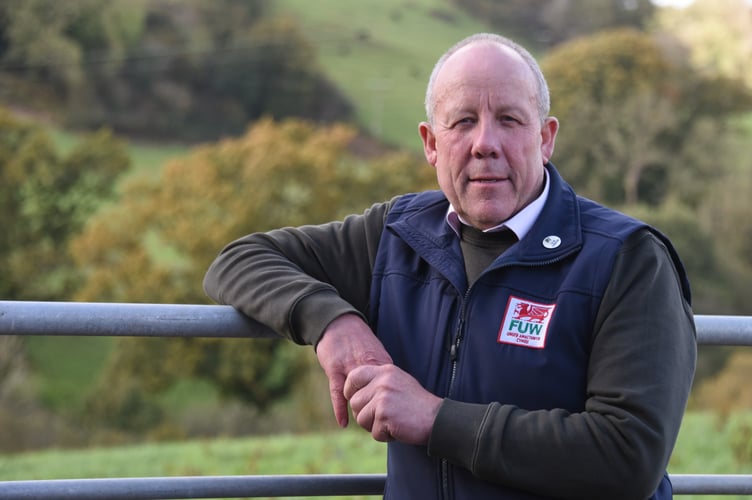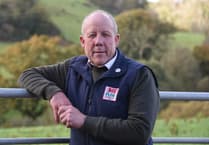This week marks the first anniversary of Labour's 2024 UK general election victory. While global tensions remain, domestic policy has been dominated by three contentious government measures that have sparked public and backbench unrest.
Initially, the government's plan to scrap the universal Winter Fuel Payment caused significant concern. However, following considerable pressure, they've subsequently conducted a 75% u-turn, restoring the payment for most pensioners.
Similarly, proposed changes to welfare benefits, specifically Universal Credit and Personal Independence Payment (PIP), faced a major backbench rebellion. As a result, these reforms were significantly watered down last week - again buckling under public and political pressure.
However, the agricultural sector continues to grapple with the most contentious issue: drastic changes to Agricultural Property Relief (APR). Despite the Prime Minister's earlier insistence that a "vast majority" of Welsh farmers would remain unaffected, analysis from the Farmers' Union of Wales (FUW) suggests up to 48% of Basic Payment Scheme (BPS) recipients in Wales could be subject to the new inheritance tax proposals. If this reform remains unchanged the consequences for farmers, rural communities, and food production in Wales could be devastating.
Since these proposals first emerged, the FUW has consistently stood shoulder-to-shoulder with the sector, urging the government to reconsider this ill-conceived policy. However, despite the industry's dire warnings and growing unease among many of the government's own backbenchers, these appeals appear to have fallen on deaf ears. With the April 2026 implementation deadline now rapidly approaching, the mounting strain and uncertainty facing Welsh farmers is reaching critical levels, threatening their livelihoods and the very fabric of rural communities.
As the FUW has consistently argued, the aim is not to scrap the policy entirely, but to secure targeted adjustments that prevent hardworking family farms from being crippled by these changes. Rather than an approach comparable to a sledgehammer cracking a nut, the FUW has sought the opportunity to design a policy with HM Treasury that genuinely works for family businesses and effectively closes the existing loopholes that allow non-farming investors to benefit disproportionately.
The old saying goes, "things come in threes." Having buckled to public and political pressure and made adjustments on both the Winter Fuel Payment and broader welfare benefit reform, the government has shown it can listen and adapt. Now is the time to apply that same pragmatic approach and revisit the changes to APR before irreversible damage is inflicted upon a sector vital to Wales and the wider UK.





Comments
This article has no comments yet. Be the first to leave a comment.